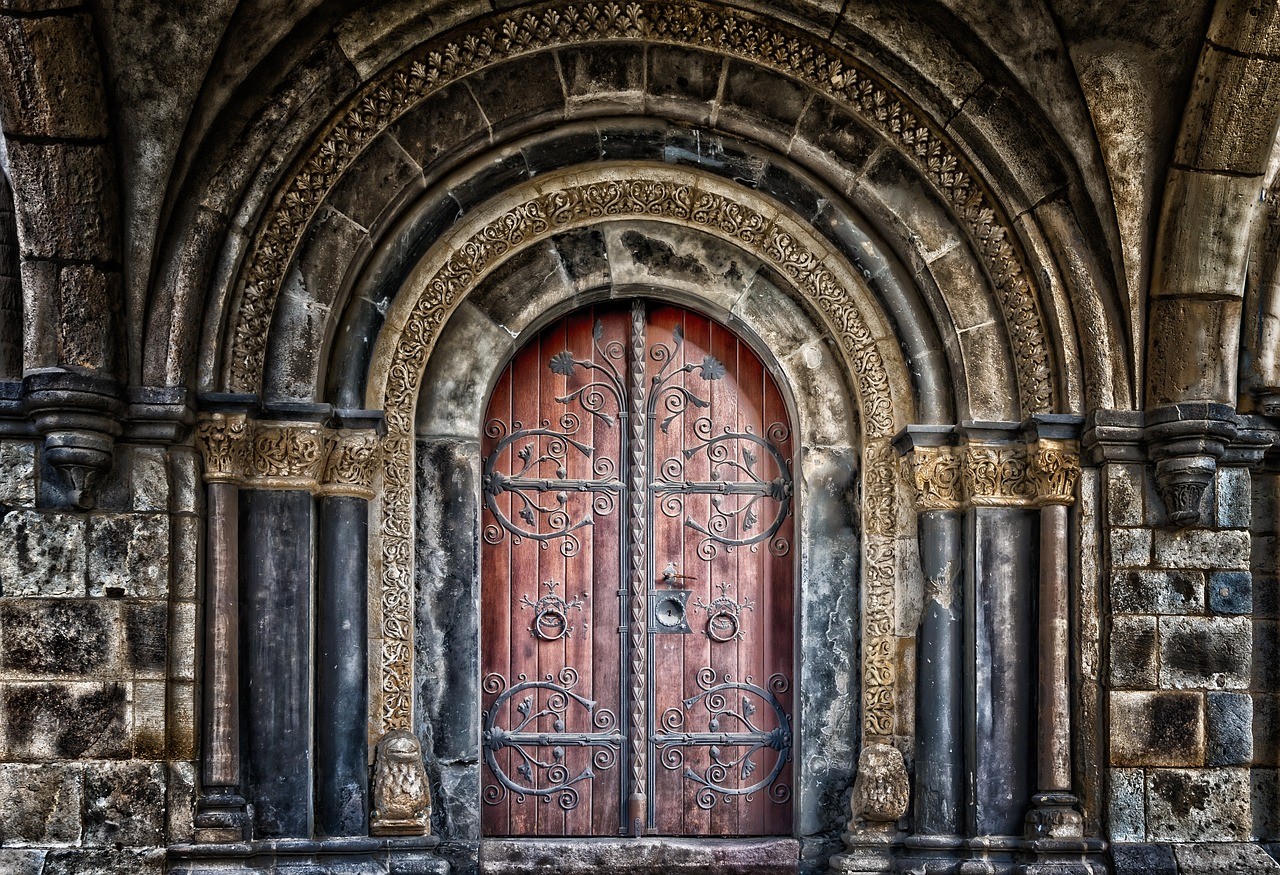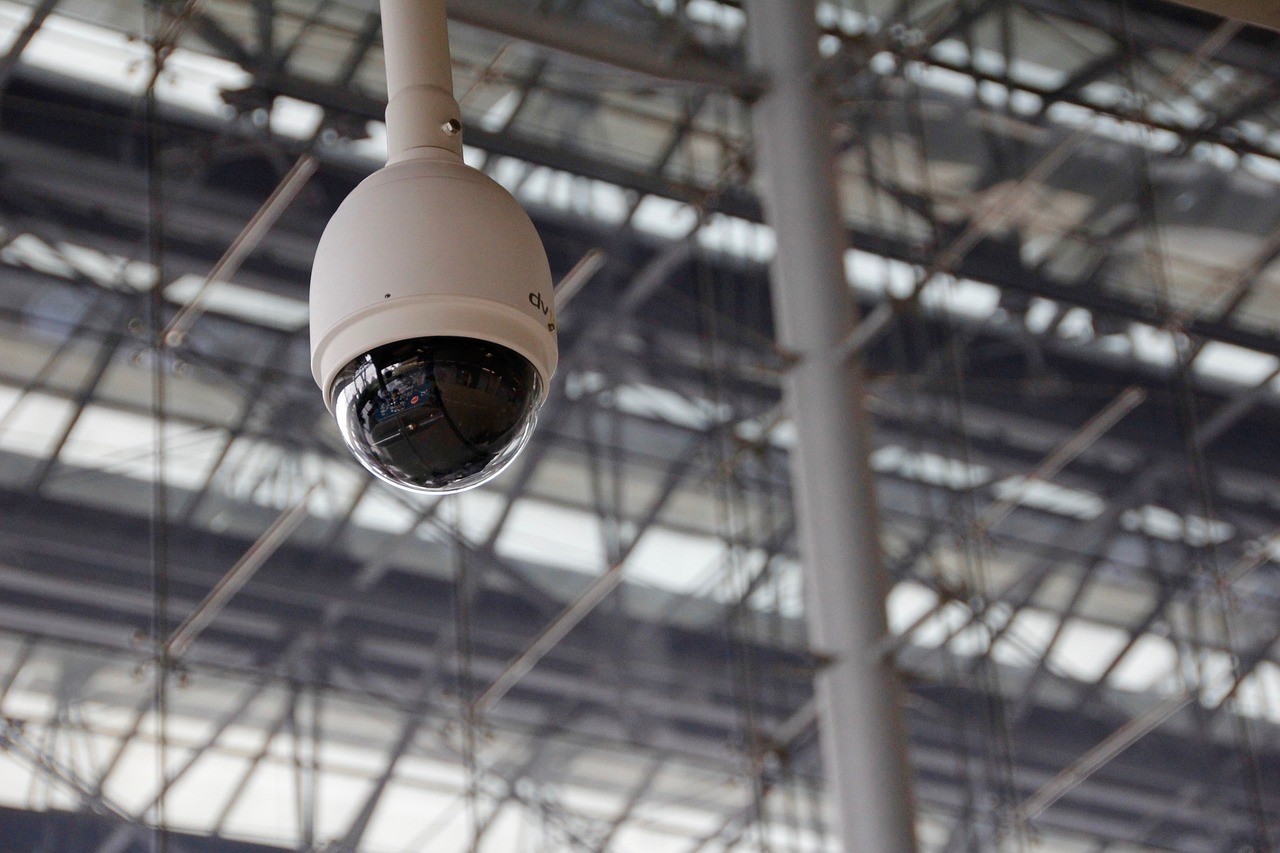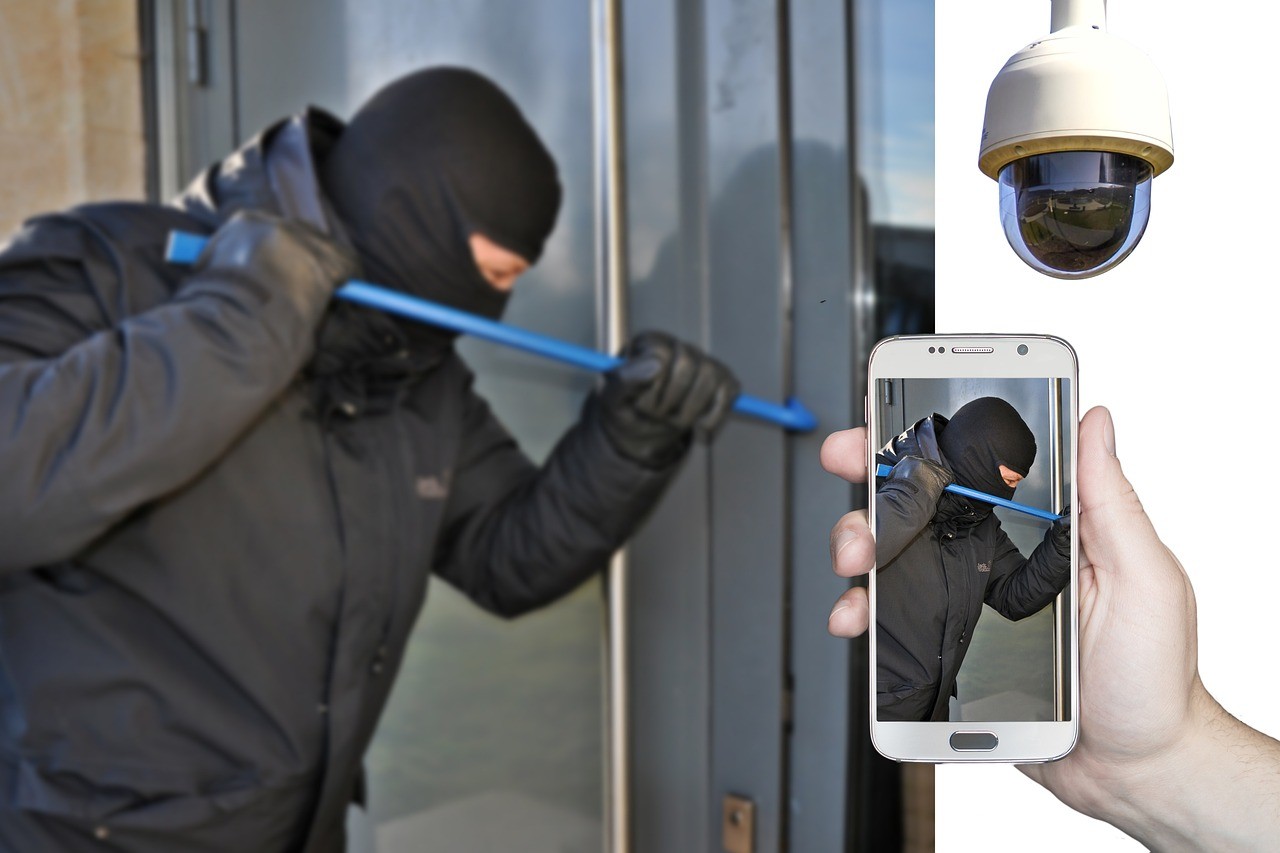How Do Smoke Detectors and Alarms Work?
All of the smoke detectors and smoke alarms work using one of two techniques. They are either photoelectric detectors, or they are ionization detectors.
Before you can buy a smoke detector for your home, you need to understand the difference between a smoke alarm and a smoke detector.
A smoke alarm is an all-in-one device. It has a detector that can sense smoke and then produces an audible alarm to warn you that smoke has been detected.
A smoke detector is designed to detect smoke. It triggers a building’s fire alarm system and may have a visual indicator showing that smoke has been detected. It must be connected to a building’s fire system. It is not a standalone unit.
You must understand the difference between these two devices when you are reading smoke alarm reviews and choosing what you will install in your home.
What Is a Photoelectric Smoke Detector?
In a photoelectric detector, a beam of light travels from a light source straight across the detector. It is designed to miss the sensor.
However, when smoke enters the chamber, light particles scatter, resulting in some of the light hitting the sensor and triggering the alarm.
These are the smoke detectors for homes when the fire is smoky and caused by things like mattresses.
What Is an Ionization Smoke Detector?
An ionization smoke detector has an ionization chamber. It responds to small amounts of smoke caused by flaming fires. Inside the detector, there is around 1/5000 of a gram of a radioactive element called americium-241.
The ionization chamber has two plates with the voltage going across them. When smoke enters the ionization chamber, the current is disrupted because smoke particles attach to ions, rendering them inert.
When there is a drop in the current between the plates, the alarm is triggered. Smoke alarm reviews speak highly of ionization smoke detectors because they are inexpensive and effective.
How To Choose A Smoke Detector
There are a lot of smoke detectors on the market, and each one of them promises that they are the best smoke detectors you can buy. However, since your family’s security is serious to you, you are not just going to trust what a manufacturer says.
Instead, you want to do your own research by looking at smoke alarm reviews. The following are some things to consider when choosing a smoke detector and which smoke alarm to buy.
Types Of Smoke Detectors
Smart Smoke Detectors
Smart smoke detectors take advantage of the latest and greatest in modern technology when it comes to protecting your family from fire.
They connect to apps on your phone or mobile device, they can sound alerts, and they are able to communicate with each other and help you to pinpoint exactly where a fire is located. They can call your phone, and if you are not able to answer, they can call a friend or family member to tell them about the situation in your home.
Battery-Operated Units
Battery-operated units are not designed to connect to your home’s electrical system. One plus of having a unit that just uses batteries is that you don’t have to worry about installation.
The problem is that your unit will become inactive if your batteries die. An option to look into is smart batteries. These batteries are designed to send a message to your phone when they are nearing the end of its life.
Hardwired Detectors
Hardwired units, as the name implies, are designed to be connected to your home’s power supply. Most of these units come with a backup battery power source.
Since the unit has two sources of power, it is highly unlikely that it is going to lose power. The downside with a hardwired unit is that it requires a little bit more know-how to install it.
Multifunctional Alarms
Multifunctional alarms not only detect fire, but they can also detect carbon monoxide. They remove the need for purchasing multiple units.
Some are battery-operated, some are hardwired, and some are designed to work as a high-bred of both. Depending on the features that they offer, the prices can vary drastically.
Smoke Detector Sensor Types
Photoelectric Sensors
These sensors are designed to detect slow-burning fires that create a lot of smoke. The smoke interacts with light produced by the light source and causes it to trigger the sensor, which in turn activates the audible alarm.
Ionization Sensors
These identify fast-burning fires that may produce more fire than smoke. They have two metal plates with a minimal amount of radioactive material that ionizes the air. As smoke passes through the device, the ionization is interrupted, triggering the alarm.
Dual Sensors
A dual-sensor alarm has both photoelectric and ionization sensors. These are the best smoke detectors you can buy because they are triggered with any sign of a fire.
It is recommended that you purchase a dual-sensor alarm. This is because you have no way of knowing in advance what type of fire may start in your home. With a dual-sensor device, you know that you have all of your bases covered.
Smoke Detector Installation and Maintenance
You understand how having a smoke detector in your home can save your life and the lives of your family. That’s why you are reading this guide. The National Fire Protection Association stated that casualty rates in homes with working smoke detectors were 50 percent less than that of homes without working detectors.
The key phrase in this sentence is ‘working.’ If the fire detector in your home is not functioning or if it is not properly located, it will not provide you and your family the protection that you need. You must take the time to learn about smoke alarm installation and maintenance.
How Many Detectors Will You Need to Install?
The answer is going to vary depending on the size and layout of your home. It is recommended that you at least have one detector on every level of your home. It’s even better if you can have one detector inside every place in your home where people sleep. This includes basements and attics.
Having a smoke detector for kitchen use is a must. Experts recommend that you put one either just outside the kitchen or just inside the kitchen. If you find that your kitchen smoke detector is setting off a lot of false alarms, get one that has a hush button. The hush button will minimize the unit’s sensitivity for a short time, allowing you to cook without irritation.
Don’t Procrastinate
As we mentioned, just purchasing a smoke alarm is not enough. Install it as soon as you buy it. There is no reason for your family to go even one night without the protection that detectors provide.
Your detectors should be placed on a flat wall or ceiling. They should sit in the center of the room. If you opt to install your unit on a wall, it should be no more than 12 inches from the ceiling.
Special care should be taken when installing hardwired units. If you are not familiar with electrical wiring, it is best to leave the installation up to professionals.
Test and Then Retest
As soon as you install your device, you and your family should go through and activate each device individually. This serves two purposes.
First, it helps you make sure the devices are actually working. Second, it familiarizes your family with the do sound of your smoke detectors.
During this initial test and installation, take the time to familiarize your family with exit routes and plans for emergencies.
Regular Maintenance Is a Must
There are a lot of units that tout their ability to perform self-diagnostics. However, we recommend that you take the time to manually test your devices on a monthly basis. This will allow you to make sure that the sensors are working well and that the detectors are set to an appropriate volume.
Don’t Let Your Batteries Die
Many of the units that we reviewed come with lifetime batteries, but some do not. Check the manufacturer’s guidelines for your unit, and then schedule periodic battery changes.
A good rule of thumb is to replace your non-hardwired unit batteries every single year. The manufacturer’s guide will walk you step-by-step through how to replace a battery in the smoke detector.
Keep Your Unit Clean
Take the time to clean your unit, removing dust and pollutants every single year. This is especially important when discussing a kitchen smoke detector.
Since you will be regularly cooking and creating smoke and steam in the kitchen, it is easy for these detectors to become dirty, and this can impede their performance.
Cleaning a smoke detector is a simple process. Simply take the device off the wall or ceiling, disconnect it from the power source, remove the external casing, and then use compressed air, a dry cloth, or a vacuum to remove any dust that has accumulated. It is not recommended that you use liquid sprays or cleaners as these can interfere with the device’s sensors.
Smoke detector maintenance can seem a bit overwhelming and some may consider it to be a nuisance.
However, families who took the time to maintain their unit and as a result were able to escape a dangerous situation unscathed were happy that they did the work. The opposite is also true.
To help you remember to do maintenance, we recommend that you schedule your monthly and annual maintenance to coincide with a date that you will always remember.
Fire safety and smoke detector maintenance are part of being a responsible homeowner. Hopefully, you will never have to deal with a fire, but if you do, you are going to be thankful that you and your family were prepared.



